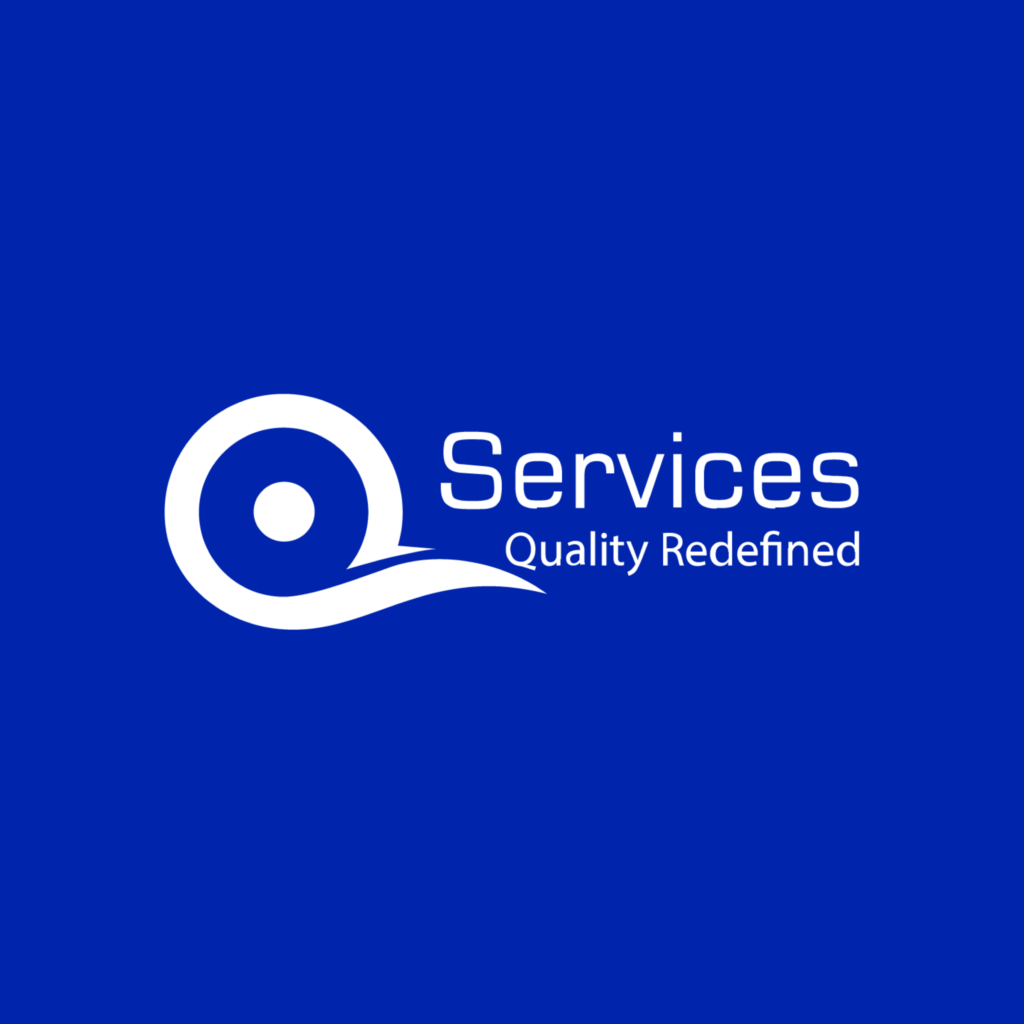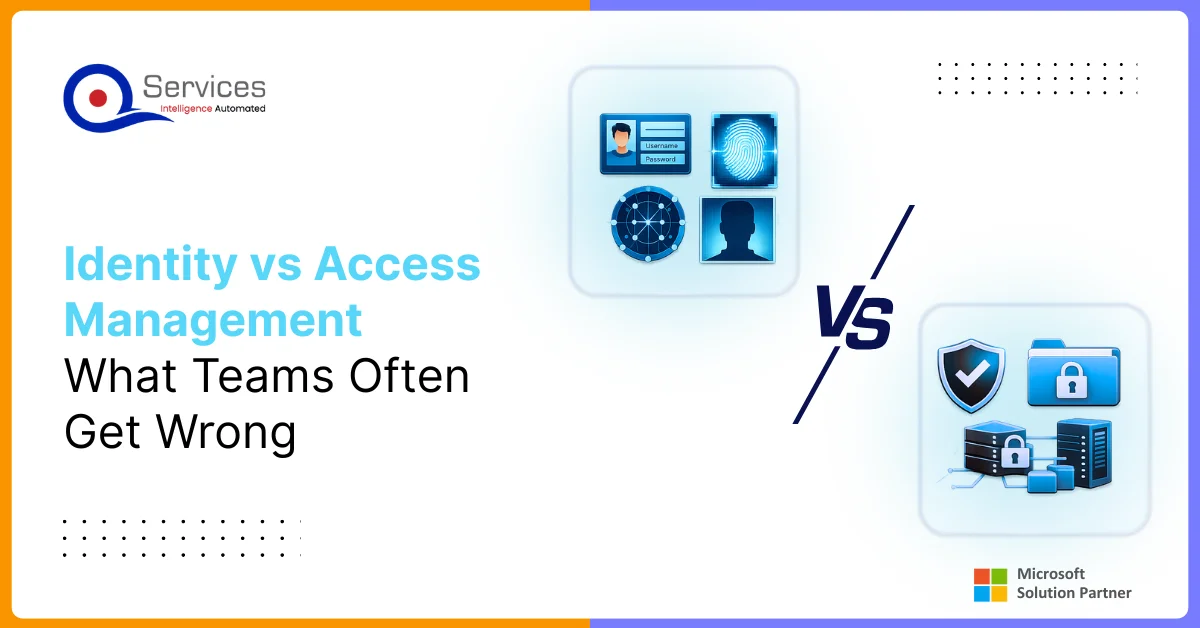
Home » Transforming Healthcare with Azure: What CEOs and CTOs Need to Know

Healthcare is one of the significant industries in which big CEO s and CTOs are spending on. As we can see that the US Spent nearly 16 % of its GDP on healthcare which shows that even government are also taking initiatives along with businesses. But Why Healthcare? Is there any specific reason behind it? Yes, there are so many aspects of it firstly ensuring health and well-being of the citizens of the country is the fundamental responsibility of any nation or mankind. But here’s the question arises that why every scale of businesses is investing so much in this. Here are some of the statistics that made the answer to this question clearly:
In this blog we will explore that how advanced technologies like Microsoft Azure is transforming the Healthcare Industry and What CEOs and CTOs should be aware of.
Microsoft Azure for healthcare is a cloud-based solution that behaves like a unified platform which manages the data and specifically designed to enhance the various aspects of this industry and provide healthcare industry solutions be it delivery, data management, personalization and much more.
Get free Consultation and let us know your project idea to turn into an amazing digital product.
Azure suite offers IT solutions for healthcare industry that covers various aspects of this industry. Let’s discuss some of them with their potential benefits:
Azure Health Data Services provide a uniform platform that manages the health data providing both the transactional and analytical workloads. It enhances the interoperability and data driven insights significant for integrating various data sources for a unified view.
In health care Azure machine learning serves as a key component which benefits the industry in a significant way. It can predict patient outcomes such as various disease progressions and treatment responses.
Stanford Health Care clinicians who used DAX Copilot reported through a preliminary survey that 96% of physicians stated that it was easy to use, and 78% reported that it expedited clinical notetaking. About two-thirds reported that DAX Copilot saved time.
Considering Azure IoT in healthcare, it plays a crucial role in the healthcare sector. by utilizing it in the industry operational process, significantly facilitate proactive healthcare management.
These Services by Azure can significantly enhance the various aspects of healthcare as Azure’s Text analytics for health can process and analyse unstructured medical data for improved clinical research. Its speech recognition feature can enhance clinical documentation, reduces administrative burden so that healthcare providers focus more on patient care.
Azure Synapse Analytics analyses large amounts of health data from varied sources to gain better actionable insights, optimal treatment plans, improve operational efficiency, and ensure compliance with regulations.
By leveraging Azure healthcare management, healthcare providers can create more efficient, secure, and patient-centric systems.
Microsoft Azure benefits the healthcare providers to protect patient confidential information with its robust security measure and compliance protocols like data encryption, regulatory compliances for detailed audit trails and reporting. It also provides tools to detect potential security threats.
Data-driven insights can lead to better patient outcomes and more efficient healthcare operations with the help of its advanced data analytics and insights capabilities.
With the help of Azure Machine Learning healthcare providers analyse genetic data and the immune system’s response to diseases. They can decode the immune system and develop personalized treatments for various diseases including cancer.
With Azure healthcare management, leaders can simply improve the operational efficiency, providing numerous benefits such as:
Integrates data from various sources, including clinical, imaging, and device data, into a single, secure platform.
Azure Synapse Analytics processes large volumes of health data to provide insights into operations, such as patient flow and resource utilization.
Azure Machine Learning models can predict patient admissions, optimize staffing levels, and forecast resource needs.
IoT for healthcareBy connecting and managing IoT devices, Azure IoT Hub makes it possible to monitor patients and medical equipment in real time.
IoT for healthcare like (Azure IoT Hub) manages IoT devices for real-time health monitoring, allowing proactive management and timely interventions, improving outcomes and reducing readmissions.
Azure Advisor offers customized recommendations for cost optimization, such as rightsizing resources and removing idle ones. Automation and integration with external tools enhance visibility and accountability, aiding in tracking usage, monitoring expenses, and identifying cost trends.
Healthcare leaders can set budgets and receive alerts for anomalies or overages, ensuring proactive cost management. By leveraging these features, healthcare executives can optimize and manage their cloud investments with greater efficiency and better financial oversight.


Our Articles are a precise collection of research and work done throughout our projects as well as our expert Foresight for the upcoming Changes in the IT Industry. We are a premier software and mobile application development firm, catering specifically to small and medium-sized businesses (SMBs). As a Microsoft Certified company, we offer a suite of services encompassing Software and Mobile Application Development, Microsoft Azure, Dynamics 365 CRM, and Microsoft PowerAutomate. Our team, comprising 90 skilled professionals, is dedicated to driving digital and app innovation, ensuring our clients receive top-tier, tailor-made solutions that align with their unique business needs.

Every bank today is trying to do more with the same teams. Customer emails are increasing, compliance checks are getting stricter, and service expectations are becoming instant. Yet most internal processes still depend on manual steps. Employees move data from one screen to another, verify documents by hand, and follow long approval chains.

Many enterprise teams treat identity and access as if they are the same thing. They aren’t. Identity confirms who a user is. Access defines what that user is allowed to do. Assuming that an authenticated identity automatically deserves access is one of the most common—and costly organizational security mistakes.

Most enterprises did not choose to be here. Core systems were built to be stable, not adaptable. Over time, layers of customization, integrations, and workarounds turned reliability into rigidity. Today, every new digital initiative feels harder than it should be.
Microsoft Cloud offers several features in the healthcare sector such as it helps in enhancing the patient health with its advanced tools, it also helps in streamlining clinical operations, along with ensuring data security and compliance.
There are significant cost benefits that healthcare organizations benefited by leveraging Azure such as it helps in reduction of the need of on-premises infrastructure, lowers maintenance costs. Plus, it provides scalable resources that can be adjusted based on user demand because of its pay-as-you-go model.
By providing scalable cloud infrastructure and modern tools by Azure, enables healthcare organizations to effectively process large amount of data, get actionable insights, and improve clinical outcomes. It ensures that sensitive patient data is protected with its advanced data security and compliance.
Azure is used in healthcare to streamline healthcare operations, enhance patient care, and ensure that patient data is secured. It’s AI and ML capabilities also helps in predictive diagnostics that improves the patient outcomes.
This offers individualized notifications and direction regarding Azure service problems, such as scheduled maintenance, health advisories, and disruptions and helps health providers monitor the health of their cloud resources, set up alarms for service problems, and obtain detailed data and root cause analysis to minimize downtime.
Microsoft Healthcare leverages cloud, AI, and data solutions to improve patient care, enhance operational efficiency, and ensure data security across the healthcare ecosystem.
Azure allows healthcare organizations to integrate with their existing systems with its robust interoperability features, that support various healthcare data standards, ensures seamless data exchange between various systems and applications. Apart from that Azure’s hybrid cloud capabilities allow these organizations to connect on-premises systems with cloud services for a unified and data management.
Considering the future trends of Azure in healthcare, there is anticipated increased use of AI and ML for predictive analytics and personalized medicine. It’s integration with IoT devices will further enable remote patient monitoring. Moreover, advancements in data interoperability will certainly improve data security and transparency.

Founder and CEO

Chief Sales Officer
